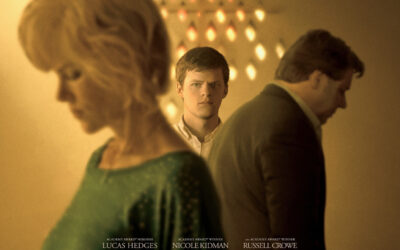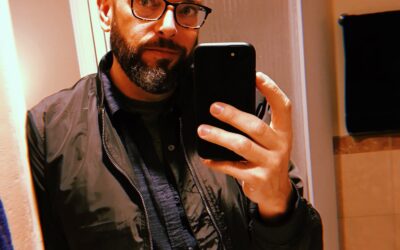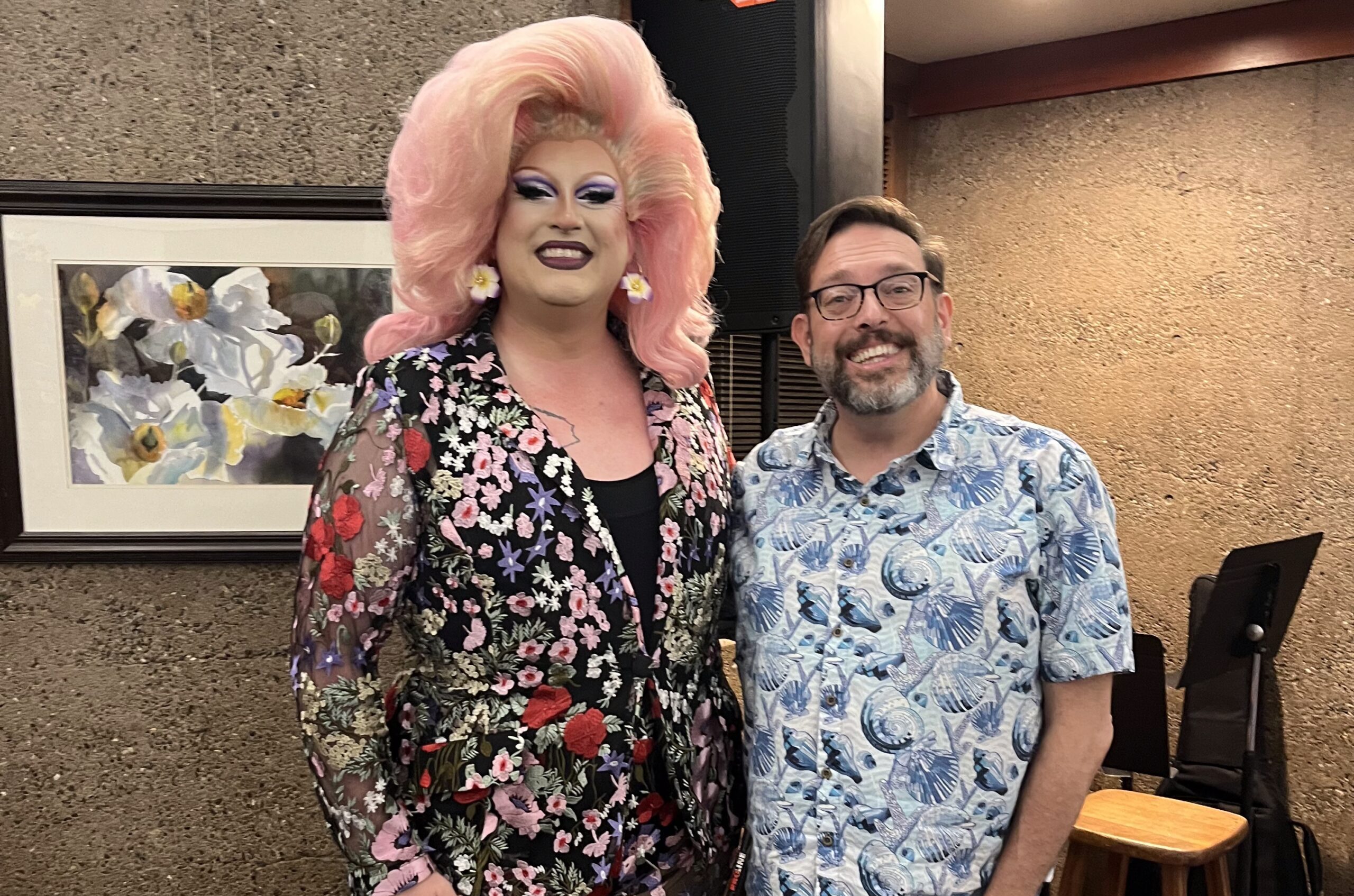
This afternoon a friend asked me a question about Jackie Hill Perry. She said someone at her church had recommended Hill-Perry’s book “Gay Girl, Good God” as proof that God “can cure homosexuality.” I had some thoughts. Might as well share them with everyone, right? Here’s what I wrote:
“I have so many thoughts. First, I will say that everyone’s experience is their own. I won’t try to tell Jackie Hill-Perry what is true for her or that her experience is invalid. Also, I have not read her book, although I’ve seen a lot of the promo material for it, and I’ve interacted with her on Twitter specifically around what I’m going to say…
Having said all that, my biggest reaction to your question is sadness over the church person trying to offer her story up as some sort of “proof” of anything. Jackie herself will admit openly that her attraction to women has not changed. She has just chosen to deny her attractions and behave in a way that is congruent with her beliefs about human sexuality. I repeat: Jackie Hill-Perry is still a lesbian. She is simply a lesbian in a mixed-orientation marriage to a straight man. Can that be fulfilling? Sure. I have no doubt. My own experience is that a mixed-orientation marriage can be fulfilling and good in many ways. But was I always gay, even when married to my wife? Absolutely. That never changed at all. Behavior can be managed. Orientation, at least for most of us (again, I’m not going to call someone a liar), cannot be changed.
A lot of what Hill-Perry (and others in her conservative theological camp) believe and teach has to do with IDENTITY. They talk a lot about how wrong it is to claim a gay identity. They would say my calling myself a “gay Christian” is like someone calling themselves a “stealing Christian” or a “murdering Christian.” They make absurd comparisons and talk about how if we have gay pride parades, then surely we should also have theft pride parades or murder pride parades. They say that our identity should be found only in Jesus and that to add a word like “gay” to the front of “Christian” somehow invalidates the centrality of our relationship with God. But this is honestly just a question of semantics.
“Gay” is not about my behavior. There are celibate gay people. Gay is simply a descriptor. It’s something true about me. And yes, I claim it. I had to fight hard to get to the place where I could claim this identity, and I’m not about to shy away from it now. And to be honest, it does have an impact on the way I live my Christianity. I am also, by the way, a White Christian and an American Christian. These are simple facts about reality. Saying I’m an American Christian is a true statement, and it impacts the way in which I experience and practice my Christian faith.
The non-affirming Christian crowd, of whom Jackie Hill-Perry is a vocal member, cannot let go of their belief that to act on gay sexuality is sinful. I understand this perspective, as it was mine for many years. In fact, for many years I would not call myself a gay man. I would say I was a straight man who “struggled with same-sex attraction.” This is a common thread among “ex-gay” ministries and therapeutic approaches. They teach that to claim the “gay identity” is to somehow give in to sinful temptation. Or at least to make resistance to temptation more difficult… But my testimony is this: When I finally allowed myself to acknowledge that I was gay – even before I changed my views on the sinfulness of same-sex intimacy – I found such sweet relief. I was no longer fighting something that felt so built-in, so immutable. No, I was simply embracing reality. So much changed in me, even back then. Anxiety lessened. Self-hatred began to slip away. Compulsivity decreased.
One final thought. I said that Hill-Perry is still a lesbian. I suspect she would not appreciate that and would argue that she *used* to be a lesbian. I suppose I should honor people’s perspectives on their own identities. But I hope you can see that it’s really just word games. Do lesbians have to have sex with woman to be lesbians? She would probably say yes. I say no.





